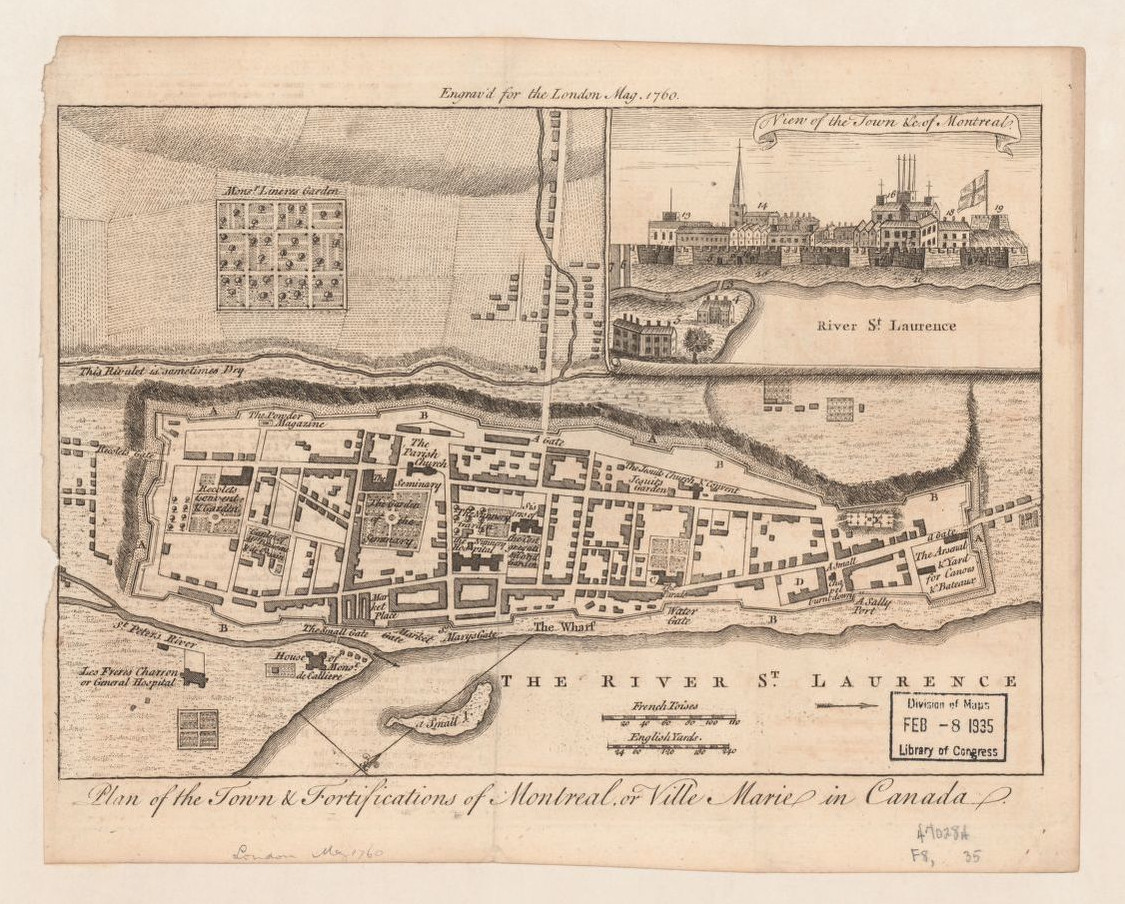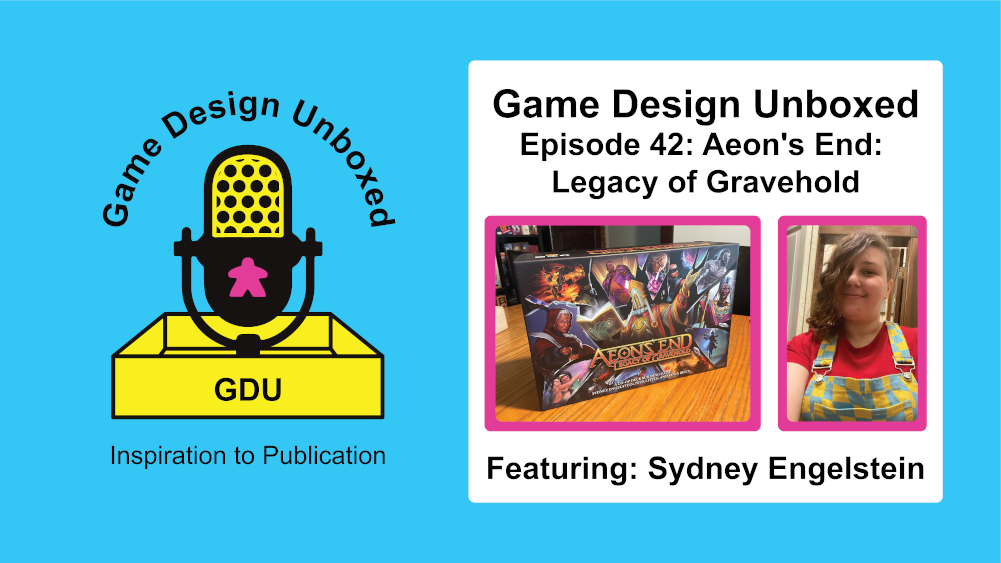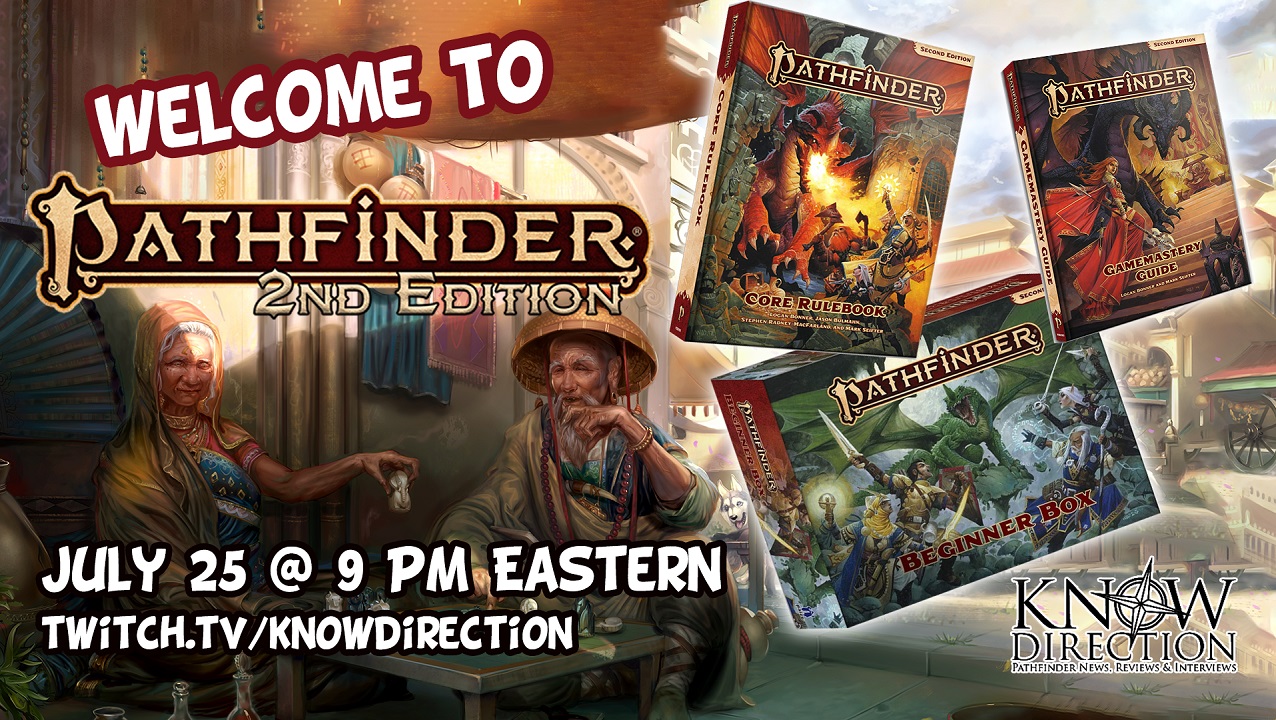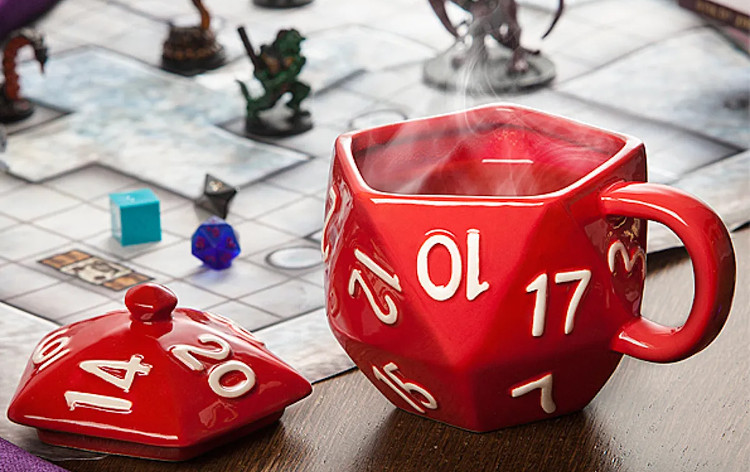You know what would be nice? Having more time. Or needing less time. But time doesn’t work that way. The only way to get more time is to take less time doing what we do. And I recently found a way to do just that when I set a G.I. JOE Roleplaying Game session in Montreal, my home city.
A Time and a Place
I promised to run a G.I. JOE RPG session for fans on the Renegade Game Studios Discord server for months, but I’ve been busy to schedule it. Then Randal worked with the server owners to get RPG Sage installed and have play-by-post channels created. Suddenly, I had the tool I needed to run the game smoothly without needing to set up a virtual tabletop, so I threw a date out there and everyone turned out to be free.
Then the date came and I had nothing planned.
I know I’ve talked a lot about not being one to prep. By that, I mean I don’t typically create anything tangible or read anything ahead of time. But my brain’s always prepping. I conjure up an amorphous bunch of words and ideas in my head, which my players help me untangle and flesh out through play. But even though I’d committed to this game for months, an hour before the session I only had a fun but otherwise pointless scene involving Rock N Roll and Heavy Duty burning through blanks with their new machine gun-based band. As much as I wanted to keep working on a redacted freelance assignment right up to game time, I knew I needed something for my players.
Planning the P.A.C.T.S.
P.A.C.T.S. stands for Plot-Action-Character-Theme-Setting. In case you didn’t know. I had a harder time Googling the acronym I learned in high school for the elements of story, so maybe this isn’t as universal a tool as PEMDAS is for math.
P.A.C.T.S. is a useful tool for adventure planning as well. Plot is what is happening, and action is what is making it happen. If you’ve ever had a cool idea for an adventure that fell flat, it’s probably a plot/action misalignment.
Characters includes the PCs and the NPCs. I knew my PCs, but I’d need to populate the session with characters for them to interact with. Before I get to that, shout out to themes, the spice that elevates from a good story or adventure to a great story or adventure.
Surprisingly, even though the only element of P.A.C.T.S. I knew ahead of the session was a fraction of the C, settling on the S made everything else fall into place. And that happened entirely out of laziness.
Embracing The Familiar
To save time, I decided to set the adventure in Montreal. I’ve lived in this city basically my whole life, and G.I. JOE has a pseudo-modern setting, so it was easy to port over. As I considered specific, differently interesting locations, I started crafting the story that connects them. What would Cobra be doing at paintball arena/go cart course Action 500, dying mall Carré Decarie, artist quarter hotspot Parc Des Ameriques, and horse race track The Hippodrome?
The plot became an investigation into Suspected Cobra Activity. A lot of local teens have been spotted using Cobra recruitment tactics. Although there’s been no direct evidence connecting these teens to Cobra, it’s worth an investigation. The action combines the investigation with language barrier challenges, and tension around an international fighting force interjecting in local affairs. Each location had a scene of consequence with a different variety of Skills to earn a clue. Characters were mostly the people who made the most sense in the situation, made easier by the fact that I’ve been to all of these locations and interacted with the people there. The themes revolved around trust, G.I. JOE trusting the PCs with the mission, the PCs not trusting what the teens were doing (they were using Cobra recruitment tactics against to put together an anti-Cobra support group), and the locals didn’t trust the PCs.
This all organically grew out of the setting.
Running Home
The best example of how well this helped came when the PCs visited Carré Decarie. I described the few stores still opened, surrounded by empty spaces for rent. The area that stood out the most to them was a carpet store. I doubt I’d ever include such a detail if Essgo Carpets wasn’t a real store in the real Carré Decarie. I roleplayed the frustration of the owner who can immediately tell the customers there to shop from those just wandering around his store, how it’s the oldest store in the mall, which the décor and vibe of the store reinforce. Even though the store played no part in the plot, the texture (heh) Essgo Carpets added to the location made it a memorable and vibrant part of the session.
Genre
Not represented in P.A.C.T.S. is the genre, but it’s one of the most important elements of storytelling. And even though adapting Montreal to a game basically set on modern Earth didn’t take much work, it’s not much harder to adapt it to a fantasy or futuristic setting.
Action 500 could have been a jousting and archery tournament, or laser tag and pod racer.
Carré Decarie could have been the market of a ghost town, run by literal ghosts still clinging to the old ways. It could be an abandoned space station taken over by pirates.
Instead of artists, Parc Des Ameriques could be the hangout of gnomes or skittermanders.
The Hippodrome would need to change the least.
Bringing what you know about this locations lets you give them a more lived-in feel, and make them relatable regardless of genre. Why make up a fantasy or science fiction setting whole cloth when you can reskin the places you’ve already been? It takes less time and garners better results.
Every two weeks, Ryan Costello uses his experience as a Game Master, infused with popular culture references, to share his thoughts on best GMing practices to help his fellow GMs. Often deconstructing conventional wisdom and oft repeated GMing advice, he reminds his fellow GMs that different players play the game in different ways, and for different reasons.






